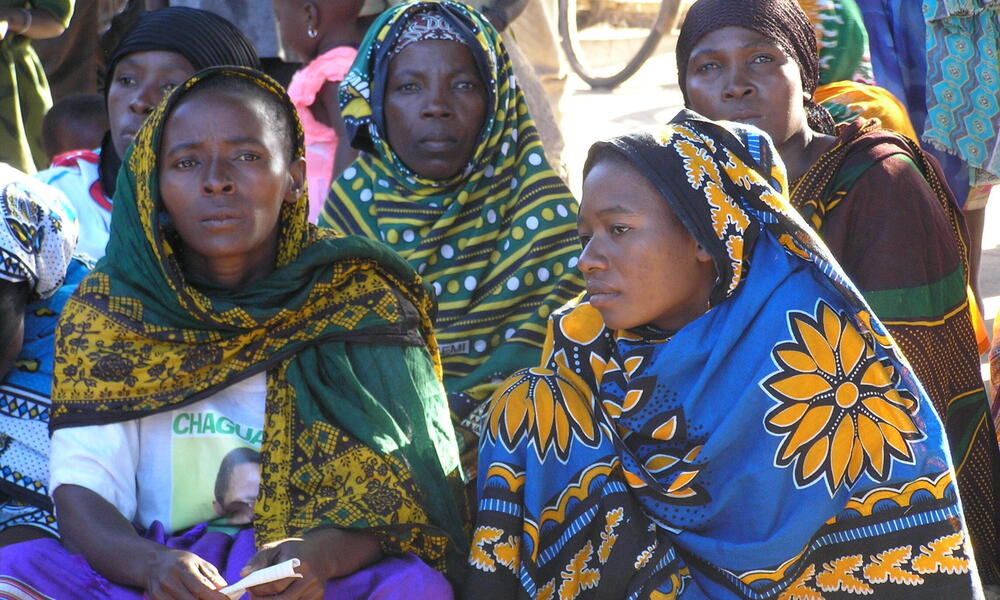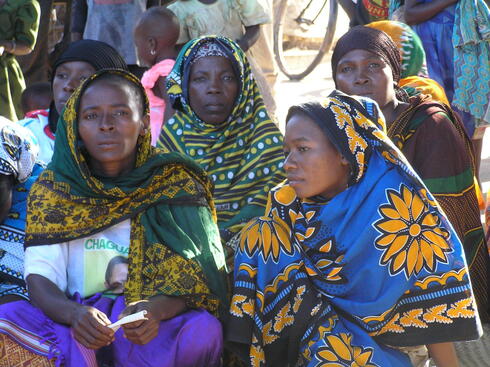I was born in 1966 in the village of Nyamwage, in Rufiji Delta. My parents divorced when I was young, so my mother and I moved in with my grandparents. With little education, we were poor and felt helpless. But we had to persist and began farming rice, cashew nuts, cassava, maize, millet, and legumes. In a few years, my mother was able to buy a big coconut farm.
Between 1983 and 2003, I married twice and had five children. I moved to Somanga, a prolific fishing village, where I rented a room and started a business as a food vendor selling chicken soup, rice and ugali—a stiff porridge made from maize or cassava flour. This business enabled me to buy a piece of land where I built my first house.
In 2006, WWF came to our village to introduce Village Community Banking (VICOBA)—a way for people to get loans without needing conventional banks that often make such an exercise difficult in Tanzania. Here’s how it works: a group of community members form one by agreeing to deposit a certain amount of money into a group savings fund. Members can then request loans from the group for income-generating activities and educational purposes. These community banks can also provide funds for healthcare and social concerns.
I attended WWF’s meeting on community banking with many other women and just a few days later, we formed four village banking groups of 30 people each. I received training on savings and loan skills, small business skills, making profits, finding markets, separating personal and business expenditures, and maintaining capital. After a year and a half, my group ended the first savings and loaning cycle, and we divided our money. With my share, I managed to build my first modern house with six rooms, concrete bricks, and iron sheet.

